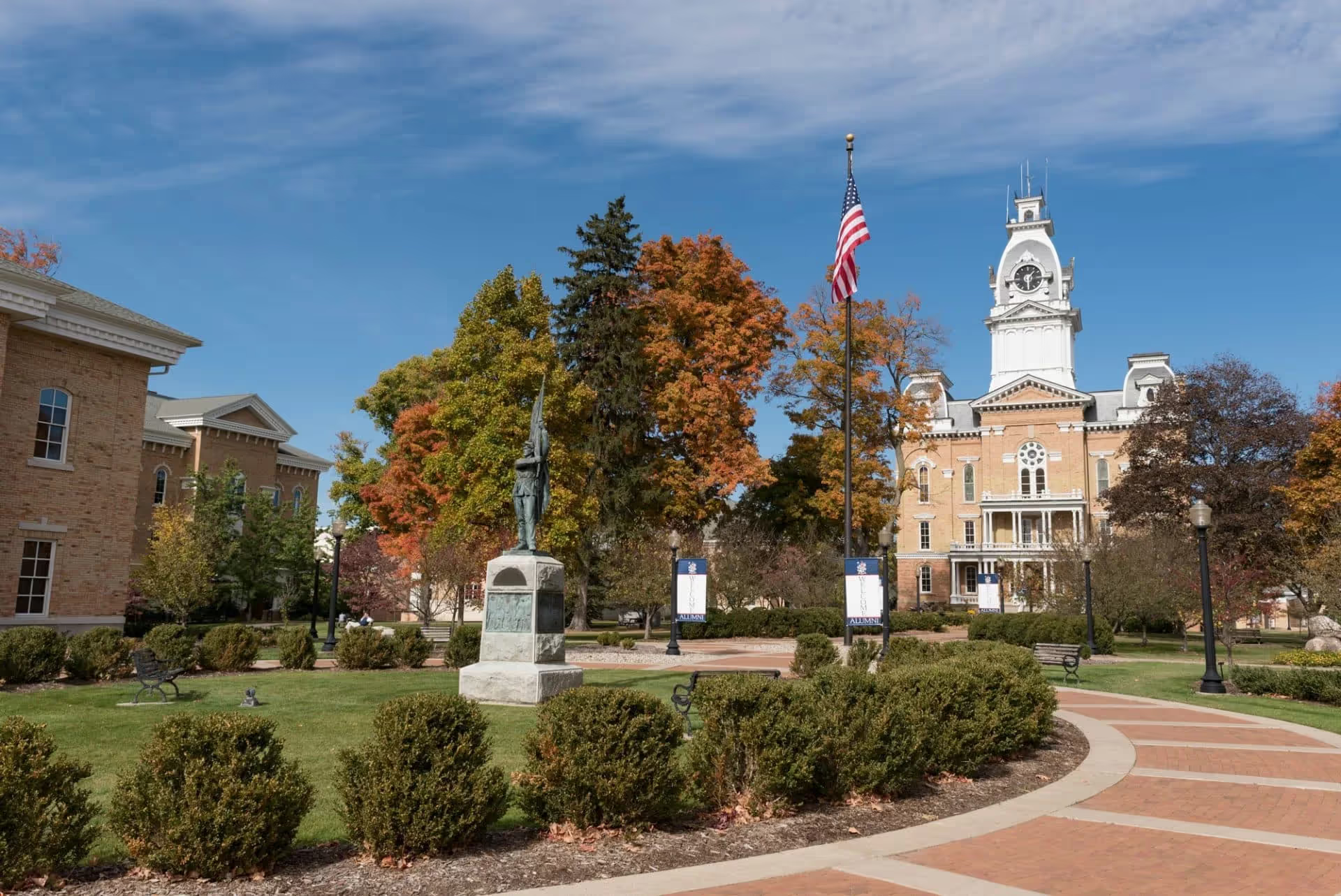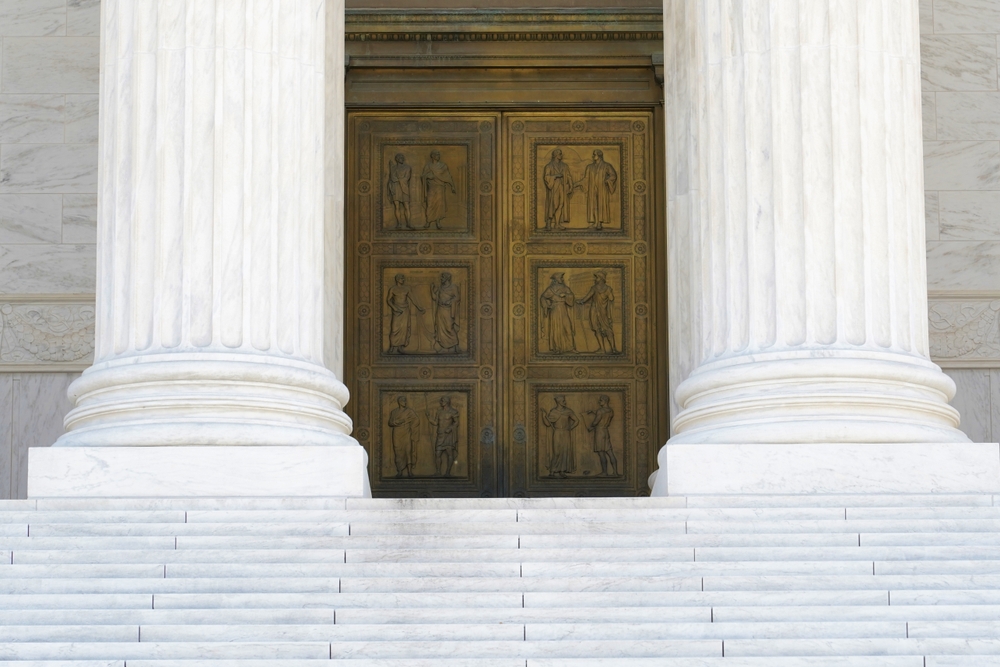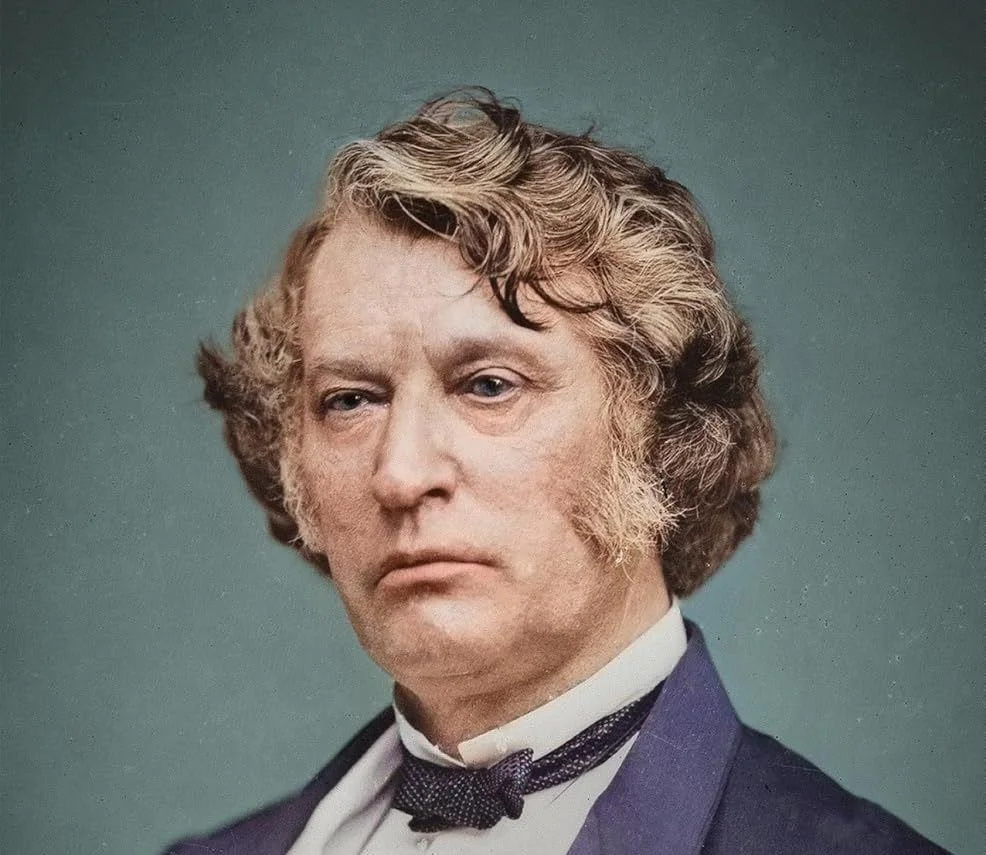
Speech on Campus Must Build the Academic Community
A college or university can only serve its high purpose if it understands the principle of free speech as a moral and political principle and not as an end in itself.
Editor's Note: Larry Arnn responds to Hadley Arkes' lead essay "Free Speech and the American University: A Proposal."
I agree with my old friend Hadley Arkes that a college or university can only serve its high purpose if it understands the principle of free speech as America’s founders understood it — as a moral and political principle — and not in an absolutist way or as an end in itself.
Indeed, as president of Hillsdale College, I have had the recent occasion to address this issue because the Foundation for Individual Rights and Expression (FIRE) — an organization that shows no understanding of the purpose of education — has seen fit to issue public warnings about freedom of speech at Hillsdale.
FIRE has acknowledged that Hillsdale deserves high marks for “tolerance for speakers” of diverse opinions, “student comfort in expressing ideas,” “administration support for free speech,” and campus “openness” to discussing challenging topics. It admits that Hillsdale has never punished scholars for their speech or disinvited speakers from campus.
What then does it see as Hillsdale’s sin, such that prospective students need to be warned? It is that Hillsdale’s “policies clearly and consistently state that it prioritizes other values over a commitment to freedom of speech.”
We plead guilty. A college’s purpose, after all, is not merely to sponsor speech. A college’s purpose, through speaking and thinking—the two go together and distinguish the human being from the beast—is to teach students to think and speak better in search of knowledge.
How does a college go about that? The very word “college” means partnership or community. College is a place where people come together to use their capacities for speech and thought to understand ultimate things. It is part of human nature that we do this better as a group. But we cannot do it if we are screaming, if we are hostile, or if we babble.
Disagreements at a college are not only inevitable, they are standard. But learning is not combat or any form of lobbying or demonstration. Every time we learn, we change our minds. But we must do so cooperatively. To the utmost extent possible, we must do so as friends.
Our speech code at Hillsdale College — so objectionable to FIRE — derives from these points. Members of the Hillsdale community may assert and defend any argument they conceive, as long as they do so in a way that is civil, academic, and conducive to thought and deliberation. This rule is old, proven by time and thought.
All the people who study and work at Hillsdale choose it knowingly. At the point of becoming a student, faculty, or staff member, each acknowledges the age-old purposes of the College and agrees to assist rather than obstruct the College in pursuing them. They learn in advance about Hillsdale’s speech code and every other fundamental practice of the College.
This does not mean that we at the College may not argue about these things. That too is both inevitable and standard. How does one come to understand a thing except by thinking and talking about it? But this must not turn into chaos—although sometimes it seems mildly and happily chaotic—because all here understand that the condition of our learning together is to have a common mission.
Hillsdale’s purposes as described in its founding document are learning, character, faith, and freedom. We often argue about the meaning of these things. But we consider them transcendent goods—a sin in FIRE’s book, where freedom of speech is the only transcendent “value.”
The error in FIRE’s way of thinking — and the way of thinking of the morally incoherent university presidents Hadley refers to — was thrown into stark relief by the outbreak of campus demonstrations celebrating the carnage of October 7, 2023.
We do not regulate speech at Hillsdale College. We distinguish it from non-speech. Incoming students sign a two-sentence Honor Code:
A Hillsdale College student is honorable in conduct, honest in word and deed, dutiful in study and service, and respectful of the rights of others. Through education the student rises to self-government.
Understanding these words, our students easily recognize that demonstrations calling for the destruction of Israel are the antithesis of speaking in a way that is conducive to thought and deliberation. They are destructive of the purpose of a college or a university—and of the purpose of America as defined by the principles of the Declaration of Independence, the semi-quincentennial of which we celebrate next year.
Larry P. Arnn is the 12th president of Hillsdale College, where he is also a professor of politics and history.
Constitutionalism

Amicus Brief: Hon. William P. Barr and Hon. Michael B. Mukasey in Support of Petitioners
Former AGs Barr and Mukasey Cite Civitas in a SCOTUS Brief

Rational Judicial Review: Constitutions as Power-sharing Agreements, Secession, and the Problem of Dred Scott
Judicial review and originalism serve as valuable commitment mechanisms to enforce future compliance with a political bargain.

Supreme Court showdown exposes shaky case against birthright citizenship
Supreme Court will hear challenges to Trump's order ending birthright citizenship, testing the 14th Amendment's guarantee for babies born in America.

Slavery and the Republic
As America begins to celebrate its semiquincentennial, much ink has been spilled questioning whether that event is worth commemorating at all. Joseph Ellis’s The Great Contradiction could not be timelier.

Two Hails For The Chief’s NDA
Instead of trying to futilely plug the dam to stop leaks, the Court should release a safety valve.


.avif)










.avif)



